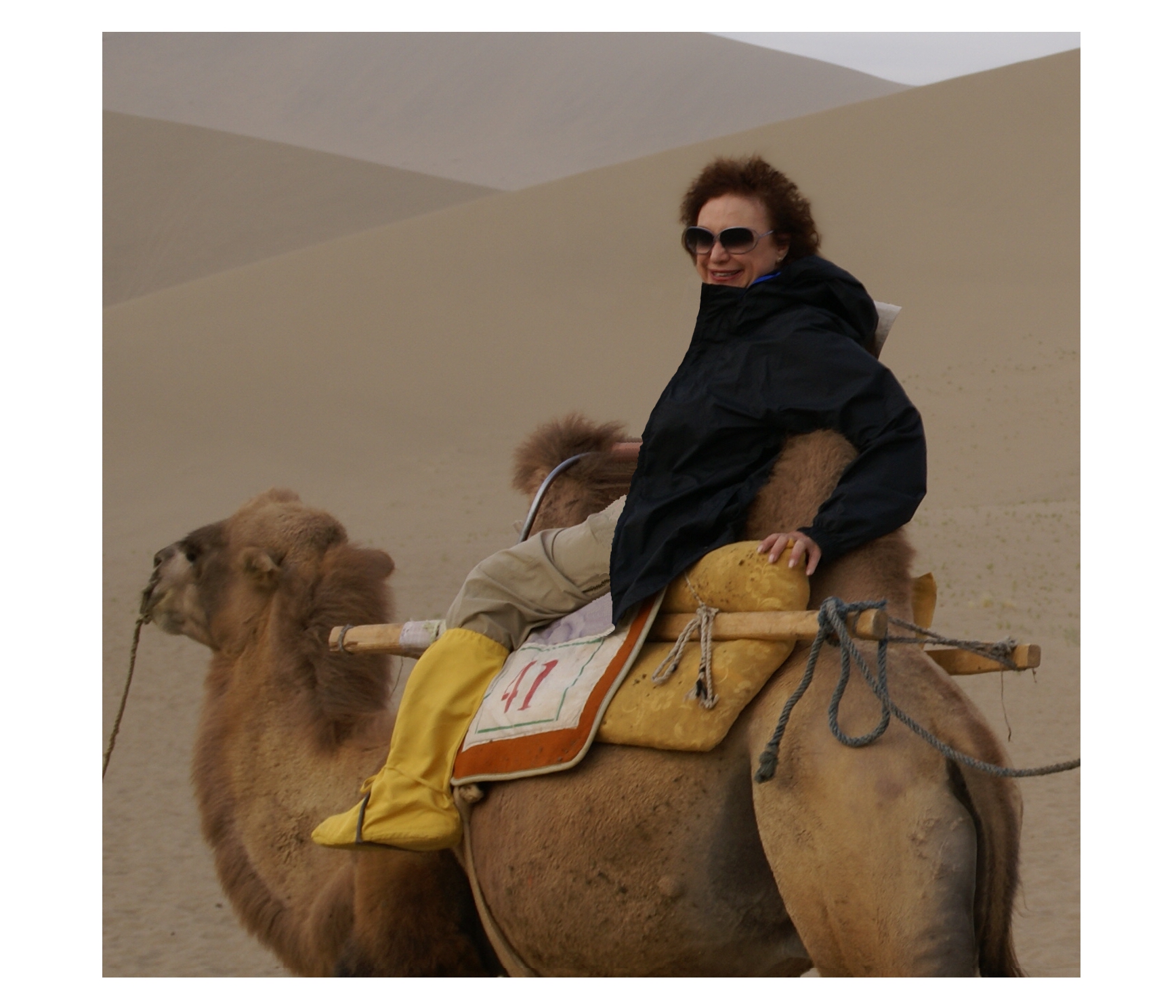Tuesday
Nov292011
Horns, Tear Gas, Bullets... Could it be--Cairo?
 Tuesday, November 29, 2011 at 10:47AM
Tuesday, November 29, 2011 at 10:47AM Since I am dealing with getting flooded out of my home, I'm so happy to have a guest blogger. He's the young man who has been my webmaster and social media consultant for this past year, Christopher Daradics. Besides his tech work, Chris was a classroom teacher... until he suddenly chucked it all this summer to embark on a language-immersion Vision Quest around the world. So far, he's been to Germany, Paris, Rome, Egypt for the last two months, and is boarding a plane tomorrow for Kuala Lumpur. His report from Cairo is a little hair-raising. You can follow him as he scribbles his way around the world, here.
 Today, while walking away from my apartment in Cairo, Egypt, over to the hotel where I squat on their free internet, an eerie feeling came over me. I stepped onto the street in front of my apartment and it was dead silent. No honking horns. No men on bicycles crying "woouupp" at the top of their lungs--the meaning behind this word, as well as the reason for the sheer volume of totally maddening noise in this city, totally escape me. There were no men driving carts behind horses collecting trash, nor replenishing propane tanks, banging on the side of the empty tanks to draw customers out to the street with their empty canisters, nor any honking cars.
Today, while walking away from my apartment in Cairo, Egypt, over to the hotel where I squat on their free internet, an eerie feeling came over me. I stepped onto the street in front of my apartment and it was dead silent. No honking horns. No men on bicycles crying "woouupp" at the top of their lungs--the meaning behind this word, as well as the reason for the sheer volume of totally maddening noise in this city, totally escape me. There were no men driving carts behind horses collecting trash, nor replenishing propane tanks, banging on the side of the empty tanks to draw customers out to the street with their empty canisters, nor any honking cars.It was totally and completely silent. Even the always bustling four lane drag strip of a cross street close to my apartment, totally dead.
Being in Egypt for the last two months my family and friends inquire with concern about the dangers here. They say stuff like, "Do you think it's safe being there, with the revolution and all?" My answer is always the same: the revolution is nothing compared to crossing the street and the onslaught of noise one encounters in every minute of each of the twenty four hours of every day of the week. To understand daily life here it's helpful to know that Cairo has only one traffic control device. There are no stop signs, stop lights, cross walks, or overpasses. And though there are lines painted on the road, they're only there so that when I, say, cross a four lane road on my way to the hotel where I steal the internet to work for Myra that you will know how wide the street is, and so that you will know how fast a car could go on a street that wide, and so that you can picture how many cars might be able to fit side by side when the Cairo drivers totally disregard them. Add to this crazy mix the fact that at night most cars don't turn their lights on, and you will come to understand the significance of Cairo's singular traffic control device: THE HORN.
Being in Egypt for the last two months my family and friends inquire with concern about the dangers here. They say stuff like, "Do you think it's safe being there, with the revolution and all?" My answer is always the same: the revolution is nothing compared to crossing the street and the onslaught of noise one encounters in every minute of each of the twenty four hours of every day of the week. To understand daily life here it's helpful to know that Cairo has only one traffic control device. There are no stop signs, stop lights, cross walks, or overpasses. And though there are lines painted on the road, they're only there so that when I, say, cross a four lane road on my way to the hotel where I steal the internet to work for Myra that you will know how wide the street is, and so that you will know how fast a car could go on a street that wide, and so that you can picture how many cars might be able to fit side by side when the Cairo drivers totally disregard them. Add to this crazy mix the fact that at night most cars don't turn their lights on, and you will come to understand the significance of Cairo's singular traffic control device: THE HORN.
So today, when I was headed to work, and my only company in this ancient bustling city were its sagging facades, tired paint, and ubiquitous dust, it was self-evident that a revolution of one sort or another must certainly be taking place here. Walking along that main street I saw some old men watching the news in their shop. I'd tell you what kind of shop it was, if I had the slightest. Seems like there are quite a bit of businesses around here that do things I can't even guess at. There was a TV. There were two old men. There was a counter, and there was space behind the counter for the shop keeper to do some sort of business, but there were no tools, no stationary, no products on shelves to sell, just two guys, at the counter, watching TV. When I saw they were watching live coverage of the demonstrations at Tahrir Square, I stopped. In Arabic they tried to explain what was happening. I shook my head. I tried English. Nope. German? Nein. Spanish? Nuh-uh. But what was happening was obvious. The people of Cairo, possibly the loudest people in the world, with their propane tanks, horns, horses, shouting, and calls to prayer had gathered all in one place for a massive Egyptian noise-making festival. And for once, perhaps the only time in the last five-thousand years, the rest of the city was quiet and totally still.
The intersection where I turn off of the drag strip and make a b-line for my hotel is about a block and a half from Tahrir Square, the gathering place that has served as the heart of the Arab Spring, and Egypt's revolution. Tahrir is the festival's main stage. When I got to the corner where I usually turn towards the hotel, I could see the people demonstrating in Tahrir, and there were a lot of folks walking behind me in the same direction, towards Tahrir. This means at the moment I decided not to turn to my hotel, as my normal routine would have me do, but cross the street towards the square, I had already become a part of the contiguous mass of people demonstrating against the ruling military council, though I was still about a block from the large traffic circle and various open spaces that comprise Tahrir Square.
My better judgment told me it was a good idea to phone a friend to inquire about the security situation at the demonstration before traipsing through there with my white turban, black hipster glasses, and unmistakably blue passport. While hearing the news on the other end of the phone that three Americans had just been arrested, I simultaneously heard three gunshots. They were close. It sounded like the shots had come from just across the street. Was it strange that no one else seemed too worked up by the series of life threatening loud bangs? Yes, but hey, this is Cairo, and what kind of reaction did I expect from the people at a noise making festival?
I did what any respectable uninvited guest at a party should do. I got the hell out of there. I went back to my regular route towards the hotel, which passes by the back of the American Embassy, an intersection also with a view of Tahrir. The usually buzzing and heavily guarded entrance to the US embassy was devoid of its machine gun-bearing Egyptian military men who typically guard the outer gate, and instead the area had become a queue for red crescent ambulances. I got to the hotel, which is typically aflutter with the normal business of a well situated upscale metropolitan hotel; it, too, was totally still.
In the tranquility of the hotel I hammered out a quick Facebook update informing my friends that I had just been shot at, took care of my business, and headed home. It was still eerily silent and my only company on the way home were the quietly crumbling colonial kitsch buildings, the silently encroaching desert sediment that would devour the city given the chance, and the peeling paint that seems incapable of masking the age of this ancient metropolis.
When I got to my street I started to notice more and more people walking around with their noses and mouths covered. Some wore surgical masks, others were breathing through scarves, and some wore their turbans in the traditional Bedouin style that covers the face, historically for dust storms, but in this instance for tear gas. My laundry, which hung on the clothesline of my balcony, was steeping in the silent fumes of the chemical soup being served up to the noisemakers at the Ministry of Interior building two blocks away from my apartment, between me and Tahrir.
When the very diffuse teargas bit my sinus membrane and drew tears from my eyes, the childishness of my gripes about the noise of the city fell into perspective. I realized that these streets find their life and breath in the confluence of the ancient practices of Mediterranean and African noise making. But today, this city did not live as it has for millennia, and that without the noise which usually holds the desperate bricks in place and keeps the paint clinging to the walls, Cairo looked a bit older than usual, and her dust a bit deeper.

